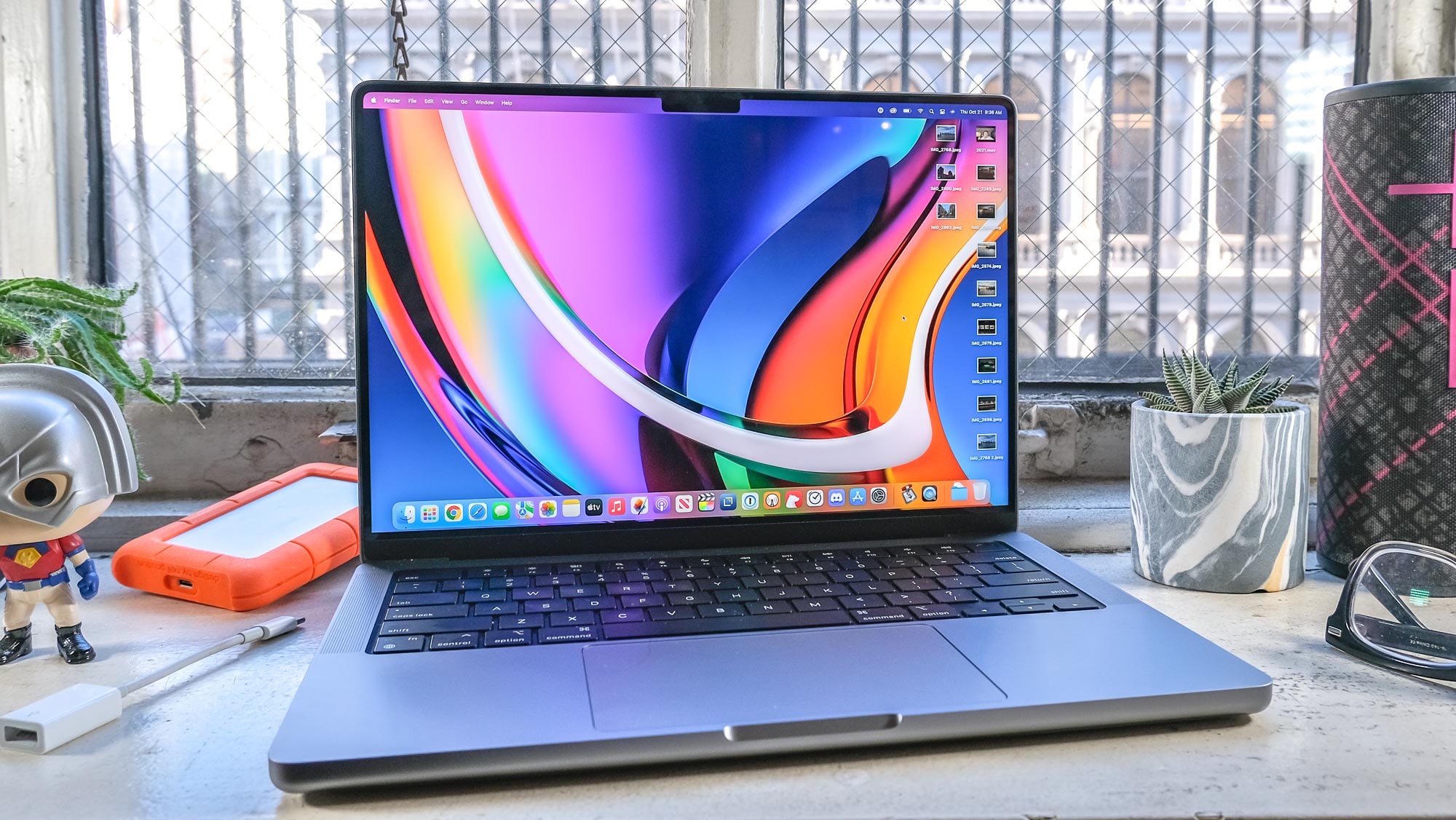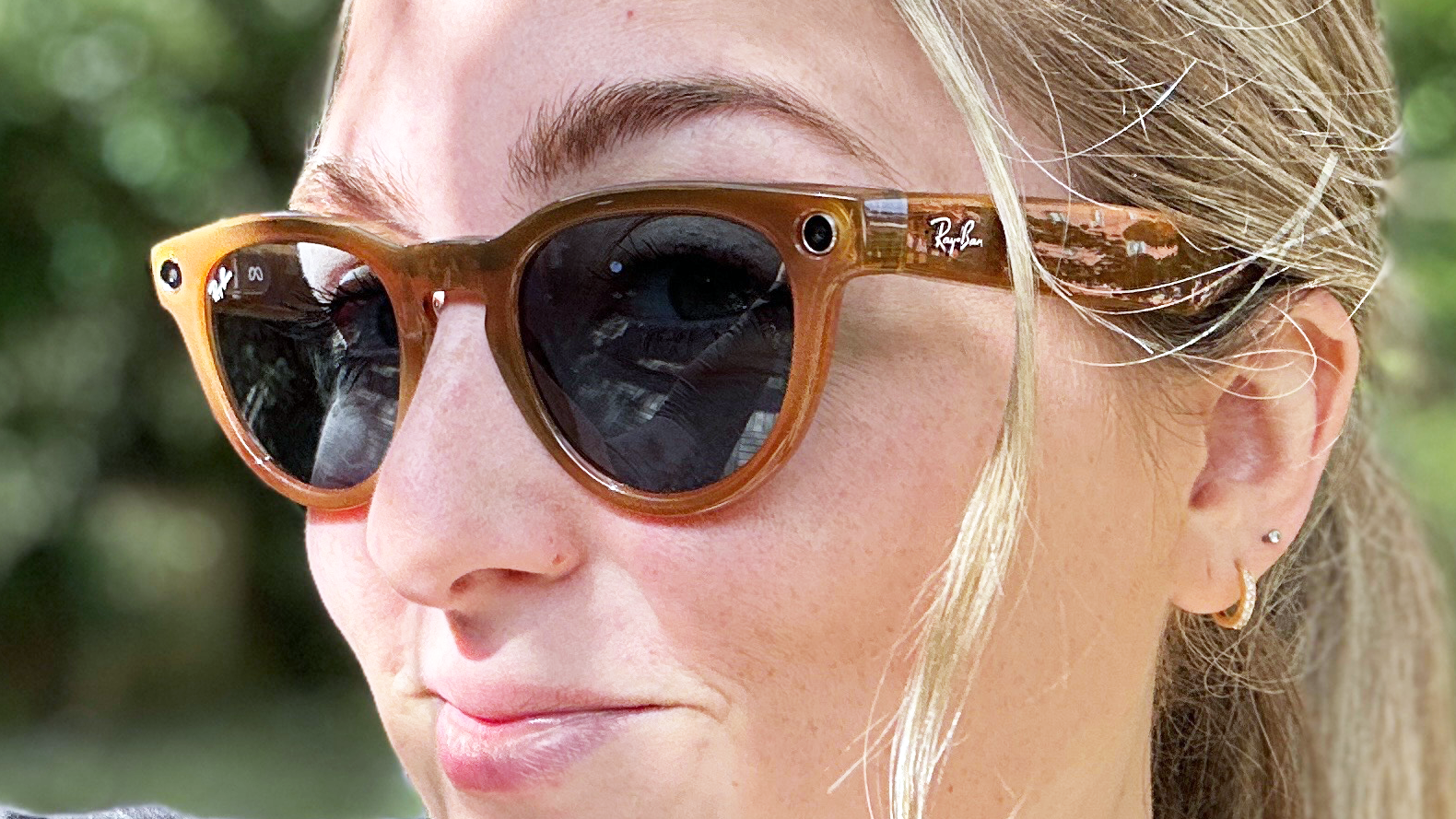Streaming on my Mac shouldn't require this amazing $99 app — but it does

As I've written here before, I absolutely love the 14-inch MacBook Pro (one of the best laptops there is). I purchased my own shortly after its release late last year, but because of a number of reasons, including supply chain delays, it took me a while to actually get it.
And now that I've got a MacBook Pro, and am starting to Twitch stream on it, I've learned one annoying little thing about all Macs. While I'm personally a fan of macOS Monterey (at least compared to Windows 11), it handles audio in a different way than Windows-based PCs, do — and in a way that can be costly to fix.
So, I poked around, and even got a chance to test out the best solution to this issue. Unfortunately, though, that solution is not cheap. It's $99.
Macs and PCs do audio differently too
When I streamed on a PC, my broadcasts often included audio captured from sources other than my Blue Yeti mic and the game I was playing. Those sound came from YouTube (via Chrome) if I was using copyright free music, from Windows Media Player if I was playing intro and outro music and from Discord if I was hosting a guest or two. On Windows, you send all of that audio to your live stream through something called Desktop Audio.

Unfortunately, Desktop Audio — I learned — is disabled on Macs. They just don't have that feature. When I tried to select Desktop Audio in OBS on my MacBook Pro, it just didn't work.
Fortunately, I found a solution or two.
The fix I recommend: Loopback
For years, I heard many podcasters (who all deal with audio issues) mention something called Loopback. My memory recalled that it's piece of software from the macOS application maestros over at Rogue Amoeba, so I decided to look up Loopback to see if it was truly the solution to my Desktop Audio issue. And it turns out that, yes, Loopback solves many of the problems that folks like myself may face.
Get instant access to breaking news, the hottest reviews, great deals and helpful tips.
Loopback gives you a clean and easy to understand interface to take audio from applications and turn them into a new audio source that OBS and other applications can see. You simply add an application as a "source" and select from one of your running applications, or simply any program on your Mac.

You can also select a "special" source, if you want sound from Finder, Siri or another system utility. You're not just limited to one application either, and you can play around with multiple output channels, if you're that kind of audio wizard. You can even control the volume of each application from Loopback.
As you can see for yourself, Loopback looks really nice, and it works that way too. I had a hunch it would, as I've previously used Audio Hijack Pro, a sound recording utility of Rogue Amoeba's.
The only problem with software this good is that it's priced a bit higher than you might prefer, at $99. And there are (reportedly) alternatives.
Why you should probably pay for Loopback
There are two notable alternatives out there, but neither seems right (for me, at least). I lost at least an hour trying to figure out BlackHole, a free audio routing utility for the Mac. Unfortunately, it's less of a standalone utility and more of a plugin that will work with the Audio Midi Setup application. And, sadly, that whole process was way too complicated for me to figure out.
Then there's also Soundflower, another free utility. But it's seemingly not being kept up to date, and it doesn't support Apple Silicon Macs. People still on Intel Macs may apply, but that's not me.
Your Mac shouldn't need Loopback, but it's a darn fine solution to this peculiar problem.
And then there's the best reason that you should pay for the software you truly rely on: quality. Nowadays, it's really hard to get people to actually invest in software, but certain studios (such as Rogue Amoeba) earn those investments because of their excellent track history.
These days, buying an app (usually) doesn't just get you the software. Your support for that company typically translates to getting support for that application on your end. That comes both in the form of features updates and patches to fix bugs and actual help. As Rogue Amoeba's site says, its reps "strive to reply in under 24 hours." And I can attest to that, as a support agent named Aaron helped me make sure I actually needed Loopback as I explained my needs.
And, since I've tested Loopback for my own needs, count me among the many voices who shout the praise of this utility. Your Mac shouldn't need Loopback, but it's a darn fine solution to this peculiar problem.

Henry was a managing editor at Tom’s Guide covering streaming media, laptops and all things Apple, reviewing devices and services for the past seven years. Prior to joining Tom's Guide, he reviewed software and hardware for TechRadar Pro, and interviewed artists for Patek Philippe International Magazine. He's also covered the wild world of professional wrestling for Cageside Seats, interviewing athletes and other industry veterans.
